
In honor of our 30th Anniversary in 2021, here is a series of short historical reminiscences of the Homer Foundation, Alaska’s first community foundation. The series has been produced by the foundation and written by former board member and New York Times best-selling author Tom Kizzia. The series ran in the local newspaper, the Homer News.
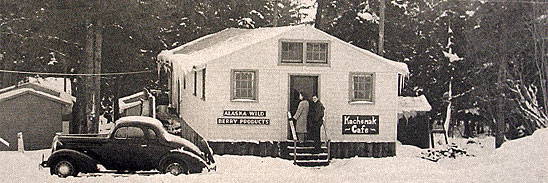
Hazel Heath was a local businesswoman, one of the wartime settlers who arrived in Homer after the local benchland had been settled as farms. The close-in homesteads had all been staked, so Hazel and her husband, Ken, purchased their homestead, at the downtown corner of Pioneer Avenue and what is today Heath Street.
Ken Castner, a local commercial fisherman and business consultant, was thinking about writing the Pratt Museum into his will. The year was 1990. The Homer Society of Natural History, the nonprofit that managed the museum, was an institution firmly rooted in the town’s hard-hammering pioneer beginnings — born in the living room of the gabled, custom-built 1941 house of Sam and Vega Pratt, who donated land for the museum building. Vega Anderson Pratt was the daughter of a family that had been in Homer since the 1920s.
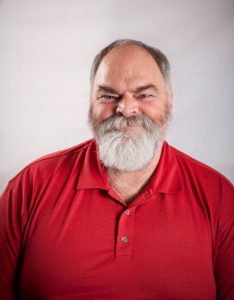
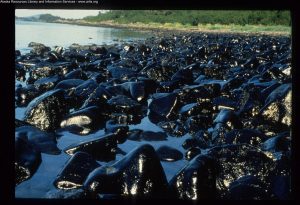
The birth of the Homer Foundation thirty years ago was pushed along in important ways by the wreck of the Exxon Valdez oil tanker. The massive tanker spill in March, 1989, became a Homer problem as crude oil flowed out of Prince William Sound and was pushed by currents toward Cook Inlet and Kodiak. For weeks, goopy brown “mousse” smeared the outer Kenai Peninsula coast and hovered off Kennedy Entrance, as Homer scrambled to build booms and send out cleanup boats.
Tom Bodett was a Homer builder with a deep smooth voice and a droll inclusive sense of humor. He did some commentaries for KBBI that propelled him, starting in 1984, to NPR’s All Things Considered and then to a lucrative national gig as spokesman for the Motel 6 chain. In 1991, with his national reputation as a writer, storyteller, and performer still growing, he was invited to lunch by Homer lawyer Steve Yoshida.


Before he became an important evangelist in the world of foundations, Bill Somerville devoted more than a decade working for social service nonprofits in California. He had grown up poor and knew what it was like to wait for officials at lofty foundations to return his calls. He saw how philanthropy, no matter how high-minded, could get bottled up by over-cautious administrators and excessive meetings and paperwork.
Alice Witte was the kind of coach who would tape inspiring hand-made posters to her athletes’ lockers on game days. She was 30 when she came to Homer in 1977 to be a girls’ PE teacher, and as the town moved into the new high school she coached softball, basketball and volleyball. She started the girls’ volleyball program, and won the state championship in 1990. A distance biker and triathalon competitor, she was known for her laugh, her ability to relate to young people, and her expression “Play like crazy!”

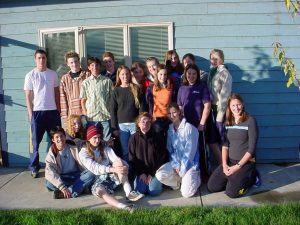
When Robert and Melon Purcell suffered the loss of their son, Sheldon, in a 2010 accident, one of their responses was to set up an endowment in his name at the Homer Foundation. It would not be a scholarship, however— the devastated parents wanted to do something to enhance the lives of kids growing up in Homer.
In 2003, Alaska’s first community foundation made a statewide splash with a decision to donate $50,000 to the effort to build Homer’s new public library. The ambitious library project was being put together with a minimum of public funds, at a time of government budget cuts. The Homer Foundation had never granted anything close to that much money, and didn’t have money like that sitting around in its unrestricted fund. But board members thought it was worth making an extra effort — and agreed to reach into their own pockets to help.
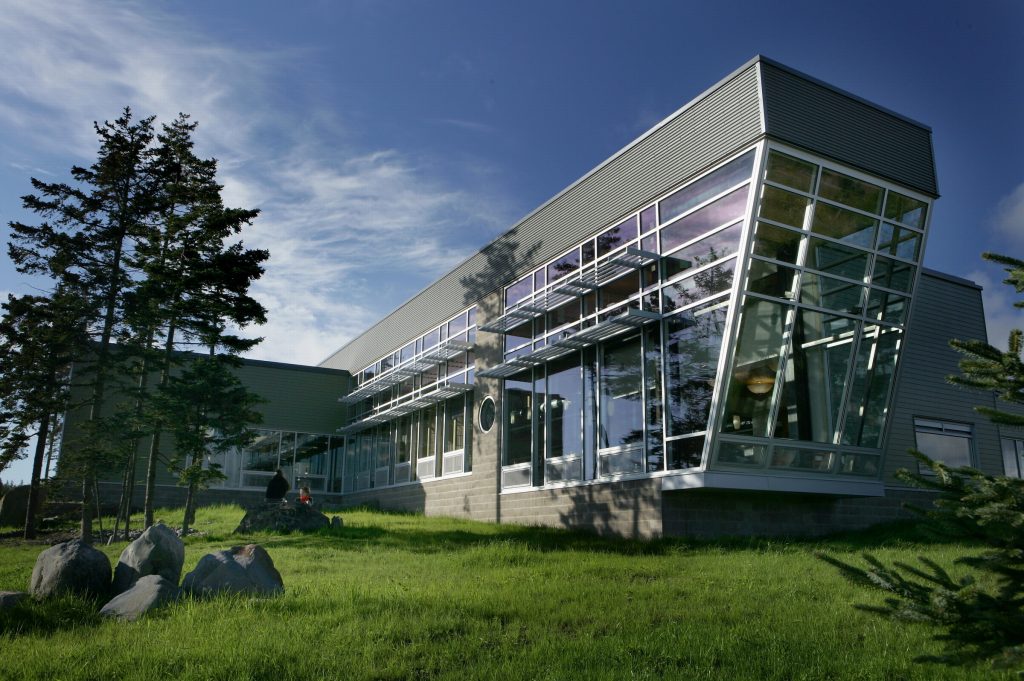

In 2008, the Homer Foundation reached a fork in the road. Should it remain an independent community foundation, or join a new statewide organization that would take over some of its growing administrative burden?

